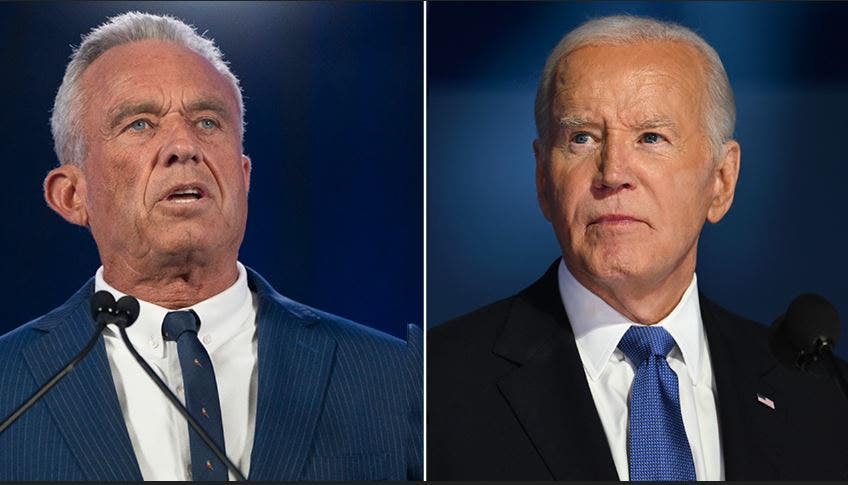A federal judge has ruled that Robert F. Kennedy Jr. can sue the Biden administration over alleged social media censorship of his Children’s Health Defense charity. The lawsuit alleges that the government pressured social media giants to censor content deemed misinformation. Kennedy founded the Children’s Health Defense with a mission to eliminate toxic exposures that lead to childhood health epidemics. Critics have labeled the charity as “anti-vaccine,” while the CDC has maintained that vaccines, including the COVID-19 vaccine, are safe and effective.
In a similar case, Murthy v. Missouri, brought by Republican attorneys general, accused the Biden administration of pressuring social media companies to censor certain content. The U.S. Supreme Court ruled 6-3 in June that the plaintiffs had insufficient evidence to prove direct injury and found no direct link to the government in the censorship. Chief Justice Amy Coney Barrett noted that social media platforms had independent incentives to moderate content and exercised their own judgment. Justices John Roberts, Brett Kavanaugh, Elena Kagan, Sonia Sotomayor, and Ketanji Brown Jackson also voted against the plaintiffs in that case.
In Kennedy’s case, U.S. District Judge Terry Doughty found direct evidence linking the charity’s censorship to the government. This ruling allows the lawsuit to proceed, and the injunction will be reviewed by a lower court. Kennedy suspended his struggling presidential campaign and endorsed former President Trump just days before the decision was handed down. The Children’s Health Defense has expressed satisfaction with the ruling, noting that the court found in their favor and recognized the direct censorship claims brought against the government.
The court’s ruling in favor of Kennedy and the Children’s Health Defense is considered a victory for those who question the safety and effectiveness of vaccines. The judge determined that there is a substantial risk of similar injury in the future and that Kennedy is likely to succeed in his claim of censorship caused by government actions. By allowing the lawsuit to proceed, the court is signaling that allegations of government influence over social media censorship are serious enough to warrant further investigation. The case will now be reviewed by a lower court to determine the extent of the government’s involvement and the impact on free speech rights.
The legal battle between Kennedy and the Biden administration highlights the ongoing debate over social media censorship and government influence over content moderation. The court’s decision to allow the lawsuit to proceed could have significant implications for how social media platforms regulate content and the extent to which the government can influence those decisions. This case also raises questions about the balance between public health advocacy and freedom of speech, particularly when it comes to contentious issues such as vaccine safety. Moving forward, the outcome of this lawsuit could set a precedent for how similar cases are handled in the future and shape the relationship between social media companies, government agencies, and advocacy organizations.













